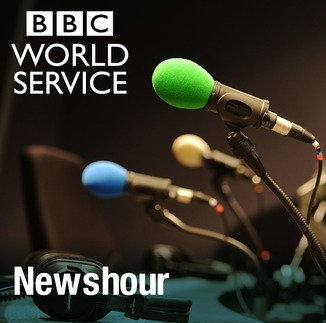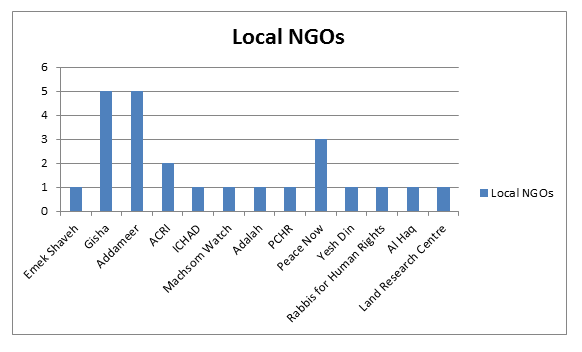We have on many occasions documented the use of imprecise language in BBC reports which results in audiences being given inaccurate impressions of construction in Judea & Samaria and parts of Jerusalem.
“The employment of phrases such as “Israeli settlement building”, “construction of Jewish settlements” and “construction of settlements” obviously leads BBC audiences to mistakenly believe that Israel is constructing new communities rather than – as is actually the case – building homes in existing towns and villages, most of which would under any reasonable scenario remain under Israeli control in the event of an agreement.”
Last September the BBC News website corrected one such article but the phenomenon remains widespread.
On February 2nd the BBC News website reported that:
“…Israel’s prime minister has announced that he plans to establish a new settlement in the West Bank for the first time in more than two decades.
A statement from Benjamin Netanyahu’s office said he had set up a committee that would “begin work immediately to locate a spot and to establish the settlement” for those evicted from Amona.” [emphasis added]
As the Jerusalem Post noted in its coverage of that February 2nd announcement:
“This would be the first new government-authorized settlement in the West Bank since the establishment of Revava near Ariel in 1991, when Yitzhak Shamir was prime minister.”
On February 6th the BBC’s Middle East editor told listeners to BBC Radio 5 live that:
“Mr Netanyahu has authorised the…ah…six thousand new dwellings in the settlements plus the first all-new settlement in about thirty years.” [emphasis added]
Clearly then the BBC understands that there is a significant difference between the construction of houses in existing communities and the establishment (so far not even on paper) of a “new settlement”.
Nevertheless, the day before that announcement was made, listeners to the February 1st edition of the BBC World Service programme ‘Newshour’ heard Owen Bennett Jones use the inaccurate term “new settlements” to describe the announcement of building in existing communities (from 50:22 here).
Bennett Jones: “…And there is another big development we need to mention today. The Israeli government has announced thousands more housing units for settlers on occupied territory in East Jerusalem and the West Bank and the evacuation of an outpost. Let’s hear now from Yolande Knell.”
Following Knell’s report of the evacuation of Amona, Bennett Jones continued: [emphasis added]
“And that was Yolande Knell from Amona and we’ve still got Tim Franks on the line. So all these new…ah…new units, housing units, new settlements and then that news from Amona – is any of this tied to the new president in the United States or is it all driven internally?”
Franks: “It’s both, Owen, because I mean the case over Amona has been dragging on for years. They were talking about evicting people from Amona when I was posted here and that was some years ago. Ahm…but undoubtedly all the announcements of thousands of new…eh…eh…eh…homes for settlers in the West Bank and East Jerusalem – yes; the Israeli government feels liberated by the…eh…the incoming Trump administration…”
It really should not be difficult for the BBC to ensure that its journalists are aware of the difference between construction in existing neighbourhoods, towns and villages and “new settlements” and that they use precise language to describe the story they are reporting in order to prevent audiences from repeatedly going away with inaccurate impressions.




